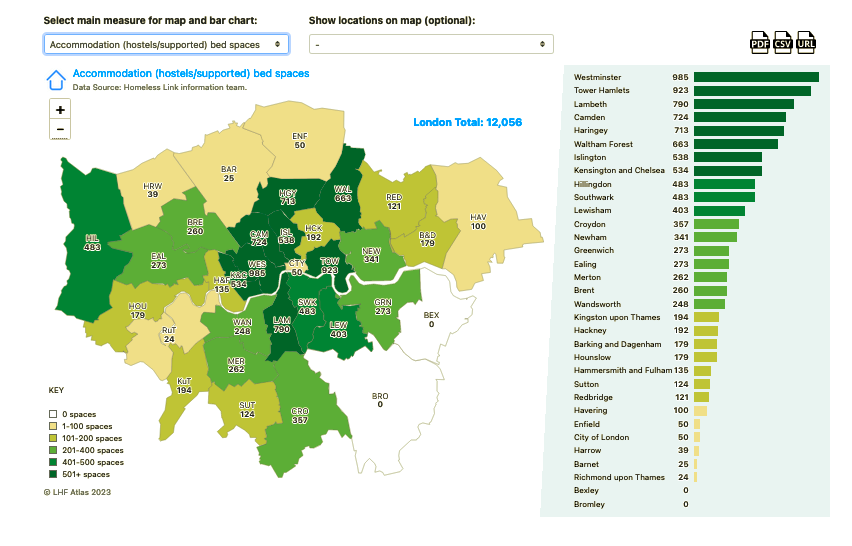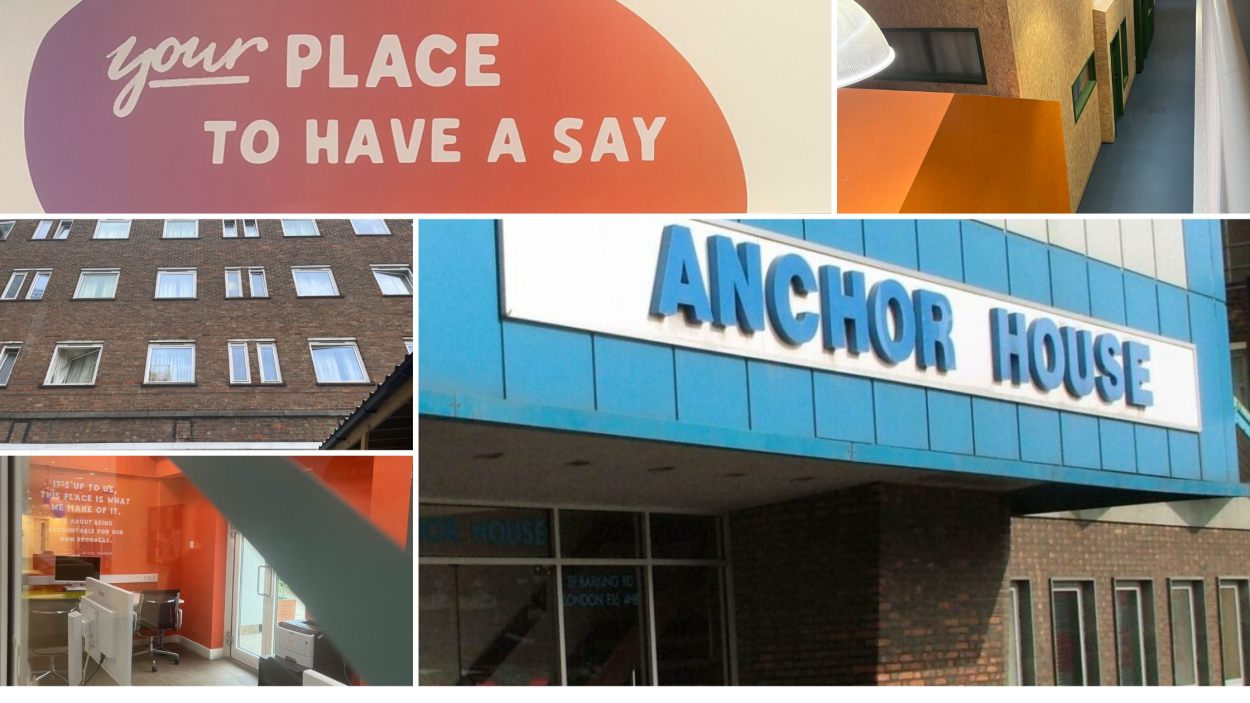
The START Homeless Outreach Services have been shortlisted for this year’s London Homelessness Awards. The six shortlisted projects will be celebrated at a prestigious event later this year, with a prize fund of £60,000 to be shared. We asked Mike Bonnet, a Social Worker with the START Team to tell us about a typical day.
My morning starts on the fifth floor of a multi-storey car park in an industrial estate where one of my clients and her partner are rough sleeping in the back of their car. The couple impulsively abandoned their flat following a disagreement with a neighbour after a noise complaint and in the time it has taken for us to track them down my client has dropped off the medication she is prescribed for her schizophrenia. I arrive with a bag of tablets collected from the pharmacy, but given how intoxicated her partner is, it soon becomes clear that some food and water is a greater priority. We discuss their situation over breakfast.
Living in the car has become tiresome, but with the keys lost, returning to the flat has felt unachievable and worries about the initial noise complaint have inflated to the extent that they are questioning their safety at home. Thankfully the couple find having an external perspective helpful and decide that on balance returning is the best option. Together we think about some of the things we can do in the short and longer term to make them feel more secure in their flat. I make some phone calls to procure some spare keys and we all head off, agreeing to leave the car in the multi-storey for another day.
Back in the office there is cake on the communal table, as there often is. The team room is a great place to debrief and discuss the often strange and surreal situations we can come across in work with colleagues who’ve usually had very similar experiences themselves at one time or another.
In the afternoon I need to help another client collect his possessions from his mum’s house and move them to his new Temporary Accommodation. Sadly, this man has a restraining order from his mum’s address due to smashing her front window when he was street homeless and acutely unwell. Mum has washed, ironed, folded, and carefully packed all his clothes. She is both concerned for her son and feels unnecessarily guilty about the situation. It’s a reminder of how difficult and destructive serious mental illness can be for all those that encounter it. We load the clothes into a taxi, and I cycle the 20 minutes or so across London to the new accommodation getting there just after it arrives. The driver admonishes me for even contemplating getting there before him.
As we unpack the clothes in his room my client asks about his mum. Did she look stressed? he wants to know. Did she ask about me? He worries that she works too hard, and he hopes she is able to find time to relax. Some of the clothes no longer fit him. He is thinner and wirier since his time on the streets and a shortage of money has led him to skip meals, which in turn is having a knock-on effect on his sleep. We agree it might be helpful to get his benefit payments split so he gets money once every fortnight rather than once a month. In the meantime, I can give him a voucher for the food bank, which is not much, but it seems appreciated.
For more information about the London Homelessness Awards 2023 and details about the six shortlisted projects, go to www.lhawards.org.uk




